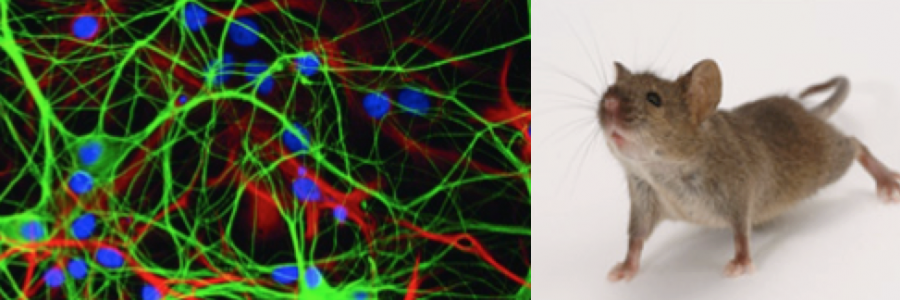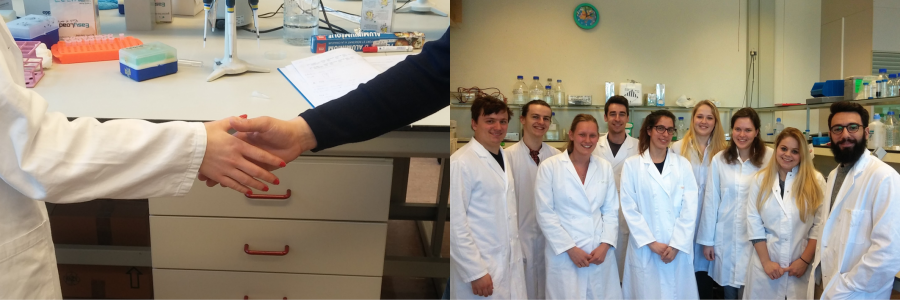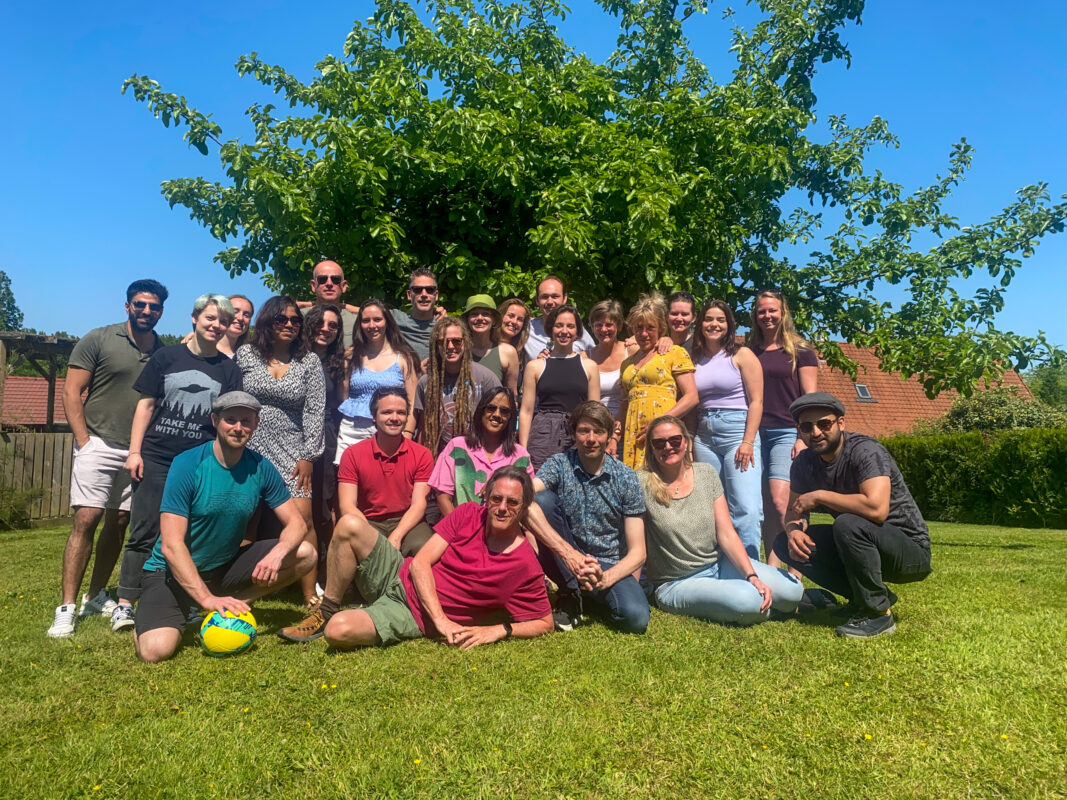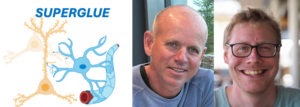Research
We investigate molecular and cellular mechanisms that underlie plasticity of synapses and neuronal circuitry in animal models, as well as the human brain.

We investigate molecular and cellular mechanisms that underlie plasticity of synapses and neuronal circuitry in animal models, as well as the human brain.

MCN teams contribute to national and international research projects and consortiums

The MCN department was initiated in 2003 and in its current form has ~40 lab members. MCN participates in Amsterdam Neuroscience. Photo: lab outing to France 2023

A study performed by PhD student Panthea Nemat of the Molecular Engrams team led by Dr. Priyanka Rao-Ruiz was recently published in a special issue on “Deciphering the memory engram” in Neurobiology of Learning and Memory in which they describe “Structural synaptic signatures of contextual memory retrieval-reactivated hippocampal engram cells”.

In SUPERGLUE, PI’s at the VU (Mark Verheijen, Priyanka Rao-Ruiz, Natalia Goriounova, Harold MacGillavry) and AUMC (Rogier Min, Erik Bakker, Elga de Vries) will collaborate to investigate how subcellular compartments of the astrocyte control cognitive processing .

Collaborative work between the teams of Mark Verheijen (VU-MCN) and Aniko Korosi (UvA-SILS), is recently published in Alzheimer’s and Dementia. The research was mainly performed by Mandy Kater (VU) and Janssen Kotah (UvA), among others, and shows that ‘Early-life stress and amyloidosis share pathogenic pathways involving astrocyte lipid metabolism and the synaptic mitochondrial proteome’.